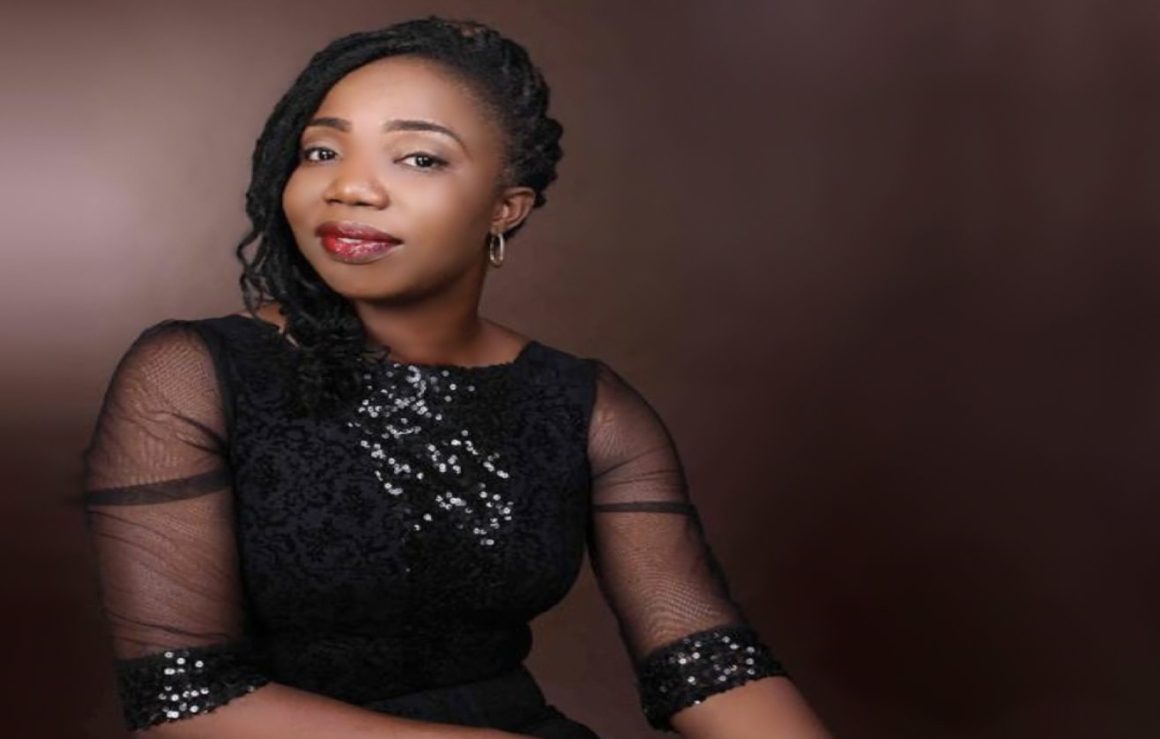1. Tell us about yourself, what do you do in health?
I am Progress Lanre Oladimeji, a progressive thinking enthusiast, I keep an open mind and believe change is possible if we are all willing. As a trained Reproductive Health Specialist with a master’s degree in Public Health, a certified and practicing Comprehensive Sexuality Educator and Senior Health Counselor and behavioral therapist. I provide Sexual Reproductive Health Services across the board for young people, women, key population groups and vulnerable groups, and work daily to provide health services for clients with Sexual Reproductive Health needs.
I run a Psycho-social therapy clinic in Lagos Nigeria, for people living with HIV and provide psychosocial support for all visiting clients. I also co-host a radio program on 94.5 Rainbow FM Family Life and Health. I carry out community outreach programs, conduct and hold health talks, motivational talks, support for less privileged, Counselling and Health Education, HIV prevention services, care, support and treatment for people living with HIV.
I currently work with an International non-governmental organization as Program Coordinator and a Health Counsellor working closely with the most at risk population groups (Key population), I design programmatic interventions and strategies for HIV prevention, provide Sexual Reproductive Health Intervention and Services across the board for young people, women, key population group. I also provide daily health service needs for walk in clients with SRH issues.
I coordinate and manage a support group for people living with HIV. Runs an outpatient clinic for HIV screening, care, support and treatment. I conduct and facilitate Training on Sexual Reproductive Health and Rights, Comprehensive Sexuality Education and Information.
2. What are you most proud of?
I am proud of the fact that I have contributed effectively to the healthcare sector in Nigeria and trained several health care workers in providing people sensitive services. I have contributed to national programs on HIV and reproductive health and Adolescent Health.
3. Which one thing do you wish you’d done differently?
I wish I started to influence change earlier, I could have certainly done a lot more. If I knew what I wanted earlier in my life. I wish I had enough information, knowledge, and access to mentorship as to how I can handle things. Finally, wish I negotiated better for myself and not settle for less than I deserved.
 4. What are some of biggest challenges you have faced? How did you overcome them? What are some of the lessons learnt?
4. What are some of biggest challenges you have faced? How did you overcome them? What are some of the lessons learnt?
I have faced several challenges as a woman in health and this include;
- Inability to influence adequate change in sectors dominated by men;
- Poor or slow implementation process as a result of being part of the minority group (Being a woman and wanting to contribute in a field dominated by male professionals or workplace);
- Victimization and marginalization because I speak for the greater good of women; and
- General policies don’t favour women.
 5. What are some of the opportunities you see for women in health on the African continent?
5. What are some of the opportunities you see for women in health on the African continent?
African women are strong and resilient, having gone through different phases of globalization and change yet they still stand strong. I believe with the right programs and support, women will have the capabilities to be more influential. Better education for women will allow them to secure better jobs, improve circle of influence and in turn bring about change. Empowered women can make better decisions for themselves and therefore, improve their general outcomes in life. When women are equipped and empowered, they can influence policies and bring about the desired change. Women with the right capacity will bring about the desired change we want to see in the world today. Empowered women are liberated women.
6. What advice do you have for other women in health?
The journey for women in health has been a long, though the effects may not be global or even a huge impactful yet, but we have made some progress. We need to continue to build our capacity in order to influence within our spheres of influence. Women should continue to open themselves up to new opportunities that will put them on a vantage point. Women should make healthy choices for themselves and be responsible for all decisions that pertain to them. Women should speak up more and be heard and not just box themselves up in the dark. We need to be more open with our collective challenges in health care.

